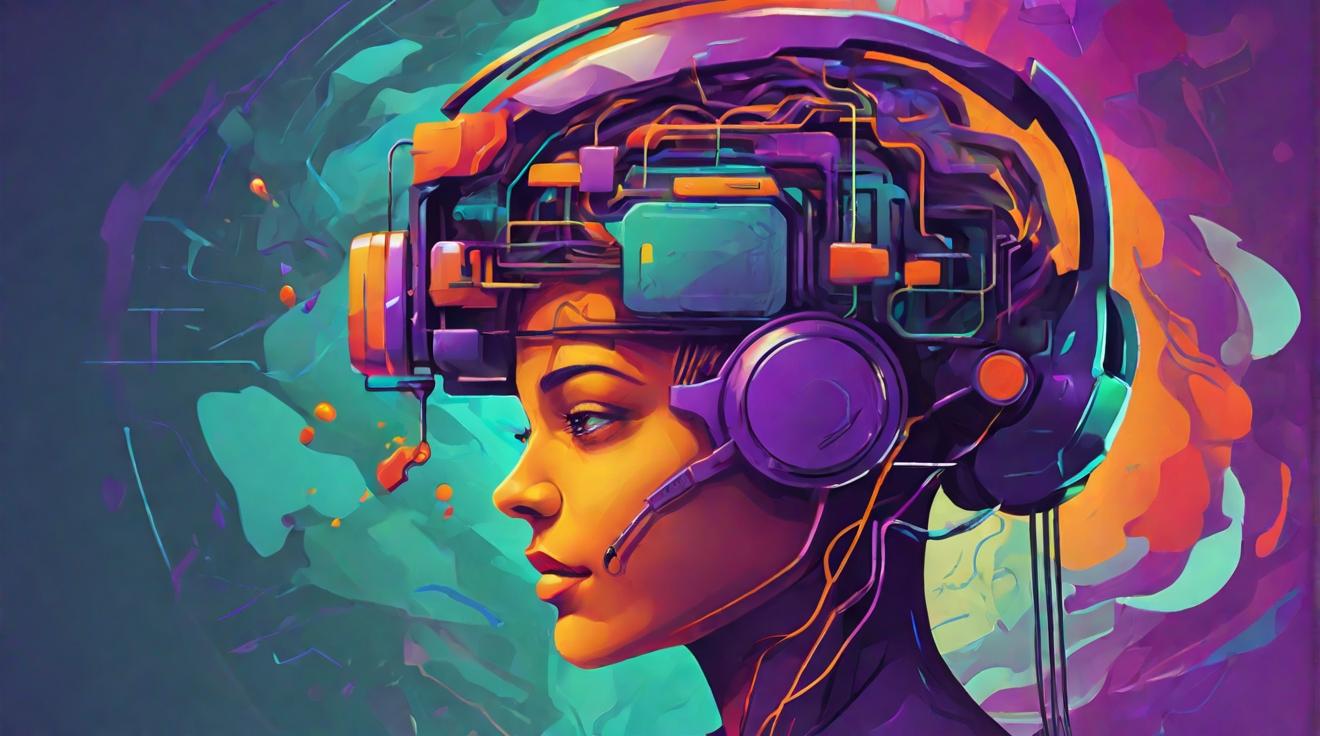The Cutting-Edge Race in Brain-Computer Interface Technology
In the rapidly evolving domain of brain-computer interfaces (BCIs), the spotlight often illuminates Neuralink, a company at the forefront due to its groundbreaking advancements. The buzz intensified following the release of a captivating video displaying a paralyzed man flawlessly playing chess on a computer using only his mind. This remarkable feat underscored the potential of BCIs to restore lost physical and communicative abilities, marking a significant leap forward in the technology.
Yet, Neuralink's journey is not solitary. Synchron, a New York-based enterprise backed by tech moguls Bill Gates and Jeff Bezos, is also making strides by successfully implanting its device into 10 individuals, setting the stage for a comprehensive clinical trial. This development showcases the ambition harbored by a cluster of companies to craft brain chips that could enable interaction for those who are unable to move or speak, paving the way for a future where thought alone can command action.
The landscape of companies pioneering in this field is diverse, ranging from Neuralink and Paradromics, which focus on creating devices endowed with deep brain electrodes for gathering high-resolution data, to Motif Neurotech that opts for a less invasive approach by placing devices over the skull. While the former could potentially decode speech or enable intricate tasks, the latter targets conditions like mood disorders, offering a glimpse into the varied applications of this technology.
Blackrock Neurotech, with its extensive experience of implanting devices since 2004, and Paradromics, known for its high-bandwidth interface, are significant players in this arena. Meanwhile, Synchron differentiates itself by pioneering a method that avoids traditional brain surgery for implant installation, hinting at a less invasive yet equally promising direction. Precision Neuroscience enters the fray with its ultra-thin electrode arrays, emphasizing minimal invasiveness, whereas Motif Neurotech's initial human trials shed light on new possibilities for treating mood disorders non-invasively.
As these companies continue to advance, the vision of seamlessly merging mind and machine draws nearer, promising to expand the boundaries of human experience for those grappling with significant challenges. However, amidst this technological surge, the emphasis remains on providing aid to those in utmost need, reflecting a grounded approach to harnessing the vast potentials of brain-computer interface technology.
The journey of brain-computer interfaces is a testament to human ingenuity, offering a hopeful glimpse into a future where limitations can be overcome, and the full spectrum of human capability can be explored.
Analyst comment
This news can be evaluated as positive. The advancements in brain-computer interface technology, highlighted by Neuralink and other companies, show great potential in restoring lost physical and communicative abilities. The market for brain-computer interfaces is expected to grow as these companies continue to make progress and expand the boundaries of human experience.













